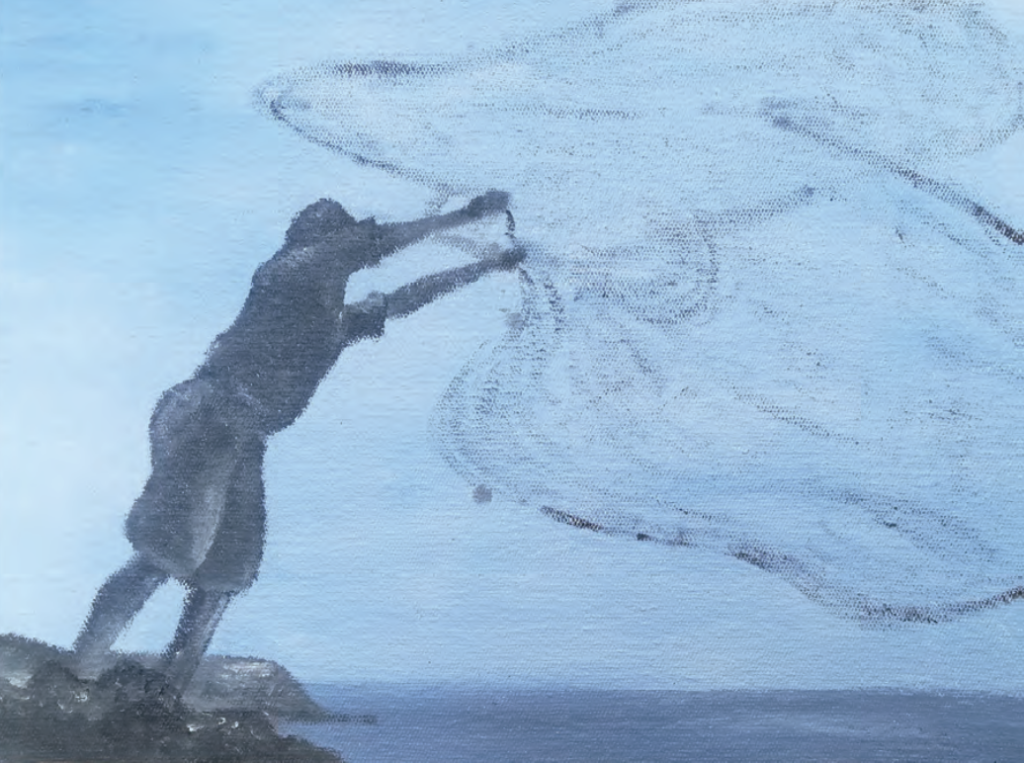Pathway Description
Introduction
As we have seen in the art exhibition Fishers’ Tales and in Learning Pathways on “Ocean and Human Rights”, “Gender and the ocean” as well as the “Children and the ocean”, small-scale fishers (including Indigenous Peoples) face distinctive challenges in having their human rights respected and protected. 2022 was declared the International Year of Artisanal Fisheries and Aquaculture and helped to highlight the contributions that small-scale fishers make to global food security, as well as their distinctive knowledge with regard to biodiversity and climate change. The International Year also shone a light on the growing challenges and threats, as well as continued discrimination and marginalisation, that small-scale fishers face, which often lead to a violation of their human rights.
In this Learning Pathway, you will explore the extent to which the human rights of small-scale fishers, including Indigenous peoples, are recognised and protected, as well as the many challenges and threats they face. You will also understand how different actors across the research community, environmental and human rights community, national and international organization can work in solidarity with small-scale fishers to the benefit of everyone’s human right to a healthy environment.
Theme: international and national human rights, small-scale fisher rights, inclusion, art-based tools in advocacy, food security.
Time required for the completion of the full pathway: 1.5 hours
NOTE that you need not complete the entire learning pathway in one session.
Learning objectives – by the end of this Learning Pathway, you will have an understanding of:
- the extent to which the human rights of small-scale fishers are recognised and protected in international law;
- The distinctive threats and challenges to small-scale fishers’ human rights
- The various roles of diverse actors to contribute to the protection of the human rights of small-scale fishers
This learning pathway has been written by Prof. Elisa Morgera Professor of Global Environmental Law at the University of Strathclyde Law School, Director of the GCRF One Ocean Hub and UN Special Rapporteur on Human Rights and Climate Change.
Pathway Content
Module 1 The international recognition and protection of the human rights of small-scale fishers
The International Year of Artisanal Fisheries and Aquaculture (IYAFA 2022) provided a significant opportunity to raise awareness and advance understanding of the human rights of small-scale fishers, fish workers and their communities. Throughout IYAFA, the One Ocean Hub, the Food and Agriculture Organization of the UN (FAO), theUN Office of the High Commissioner for Human Rights (OHCHR) and other partners underscored the urgent need and the opportunities to protect SSF’s human rights.
Module 2 The challenges and threats in small-scale fisheries: national case studies
In this module, you will delve into specific case studies that illuminate the various challenges facing small-scale fishers in their counties, and the different threats to, and even violations of, their human rights.
Module 3 Innovative ways to support the protection of small-scale fishers’ human rights
This module focuses on innovative ways to support the protection of small-scale fishers' human rights, highlighting the pivotal role of national and international human rights mechanisms. The module includes insights from webinars organized by the One Ocean Hub in collaboration with the International Year of Artisanal Fisheries and Aquaculture. These innovative approaches emphasize meaningful consultation, environmental justice, and the integration of human rights duties with other international commitments, aiming to ensure the protection and empowerment of small-scale fishing communities.
Module 4 Quiz on human rights of small-scale fishers
Test your knowledge
Start Learning Pathway